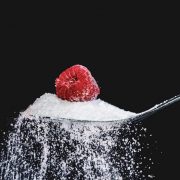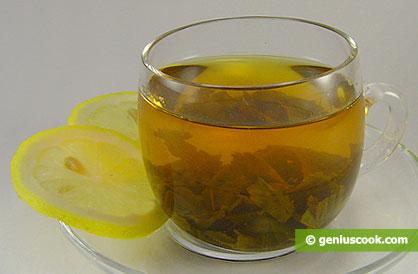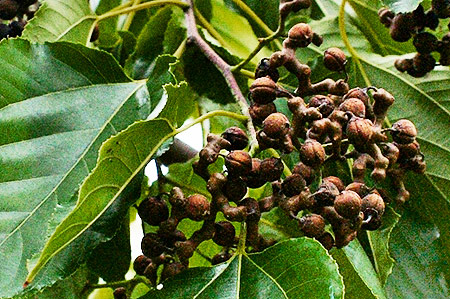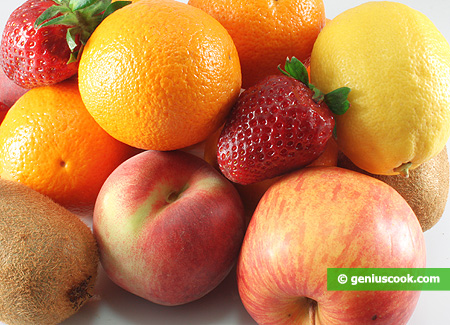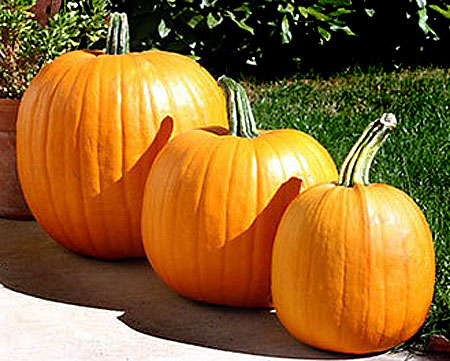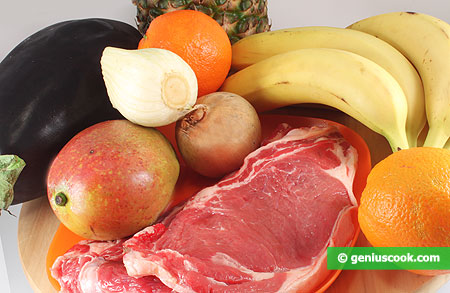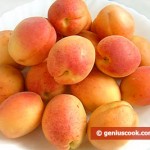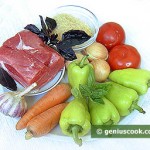Apricot Seeds against Cancer
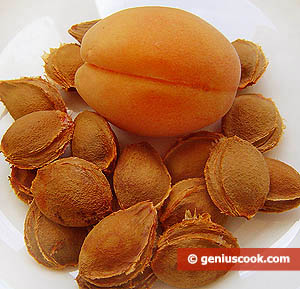 USA, June, 2004, Jason Wale was sentenced to 5 years and 3 months in prison for advertising and selling the anti-cancer laetrile-based drug, extracted from apricot seeds, which had been officially banned as early as 2000.
USA, June, 2004, Jason Wale was sentenced to 5 years and 3 months in prison for advertising and selling the anti-cancer laetrile-based drug, extracted from apricot seeds, which had been officially banned as early as 2000.
Laetrile is more widely known as amygdalin or vitamin B17. Dr. Lester M. Crawford, authorized by FDA, justified the ban. He claimed that there’d been no scientific evidence that laetrile could cure cancer and that Wale’d given people falsepromises.
Later on, Edward Griffin and Dr. Krebs published their book “World Without Cancer” that was based on the data backed up by scientific studies of vitamin B17 properties (Dr. Krebs also found vitamin B17 content in seeds of sweet cherry, apples, peaches and grapes, but in less quantity).
They state that daily consumption of 7 apricot seeds helps prevent the risk of cancer. And if cancer has already developed, vitamin B17 consumption reduces cancerous growth. Lab experiments proved that vitamin B17 could destroy cancer cells.
Public opinion and experts think Jason Wale who cured himself of cancer and tried to help others was sacrificed by influential official health care institutes and pharmaceutical industry that couldn’t benefit from unpatented natural product.
Note: Today, laetrile is being legally produced in Australia and Mexico.
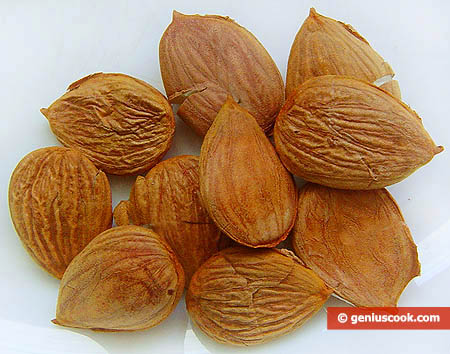
Apricot Seeds

